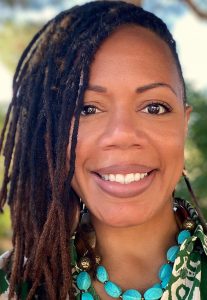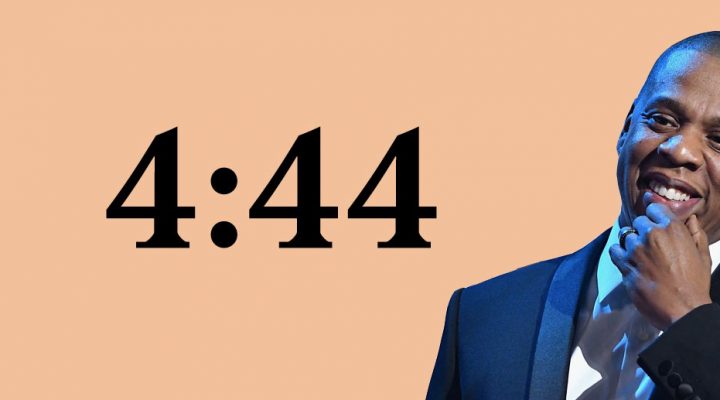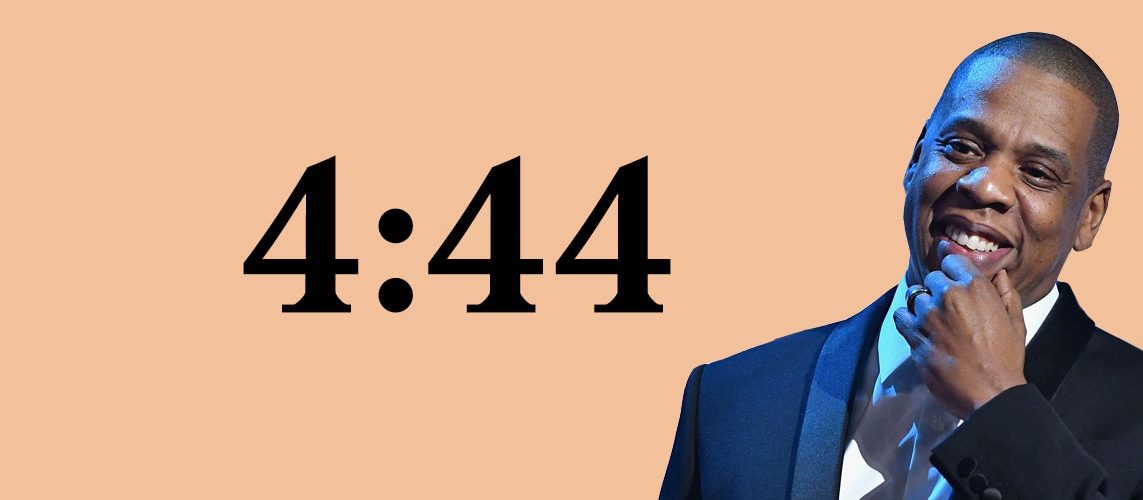Recently, I’ve been haunted by the number 444.
This month in my Saturday improv class, I noticed 444 tattooed on a classmate’s arm. At my desk the next week, I felt compelled to check my phone, and it was 4:44. Twice that same week I woke up at precisely 4:44 a.m.
Perplexed by this pattern, I turned to Claude (AI) and asked him to list every mention of chapter 4, verse 44 in the Bible. I need my sleep, so if God was trying to tell me something, I wanted to know sooner rather than later.

Lydia Carlis
Two passages jumped out at me: Daniel 4:44 and Luke 4:44. In Daniel, King Nebuchadnezzar is warned in a dream that he will be cast out to live like a beast “until you acknowledge that the Most High is sovereign over all kingdoms on earth.” And in Luke, as Jesus begins his ministry, he is called to preach throughout Galilee because, as he declared earlier in the chapter, “no prophet is accepted in his hometown.”
Reflecting, I saw important parallels to what God is requiring of me in the workplace and what’s happening in our current political and cultural moment. In social impact organizations across the country — especially those providing educational service — leaders are grappling with how to sustain and deepen their commitments to diversity, equity, inclusion and belonging in the midst of the ongoing political assault on our work.
Like Nebuchadnezzar, too many of our leaders — exemplified by former President Donald Trump — are puffed up with pride and drunk on power. They sow division, lift up the privileged and cast out the marginalized. Even as he literally hawks Bibles, Trump’s politics preach discord and oppression rather than the love and inclusion modeled by Christ.
“Progress on racial justice is agonizingly slow against the headwinds of entrenched power structures.”
Meanwhile, principled advocates for equality and inclusion are rejected and ultimately being removed from government and the workplace. Progress on racial justice is agonizingly slow against the headwinds of entrenched power structures. And unless the topic is guns, our fundamental right to choose — the ultimate biblical principle — is being stripped away, ruling by ruling and state by state.
Hip hop artist Jay-Z grappled with similar themes on his album 4:44, released in 2017 after a period of personal, professional and spiritual growth. Songs like “Legacy” and “Family Feud” reflect on healing generational trauma and creating a space where formerly oppressed people can win.
“What’s better than one billionaire? Two.” It seems Jay had his own Nebuchadnezzar moment, as his title track offers his apology for misdeeds and a recommitment to living in alignment with his values.
To be sure, in a pluralistic society with separation of church and state, we cannot and should not impose any one religious framework on public policy or the workplace. Everyone has valuable perspectives to bring that should be welcomed and fully included. But for those of us who claim Christian beliefs, the Bible offers enduring principles that should shape how we show up on DEIB, from the boardroom to the ballot box:
We are all created equal in the image of God (Genesis 1:27). We each have unique gifts to contribute (1 Corinthians 12). We are called to love our neighbors as ourselves (Mark 12:31), to care for the “least of these” (Matthew 25:40), to do justice and love mercy (Micah 6:8). When one part suffers, we all suffer (1 Corinthians 12:26 — hello, Gaza).
Living out these values — especially at work — is not easy or comfortable. It requires humility, repentance, making amends and persevering through resistance, much like Nebuchadnezzar and Jay-Z model in their respective personal and leader journeys.
As social justice-focused leaders confront America’s painful legacy of racism and the harsh realities of inequality today, we would do well to heed the principles of 444. May we all have the courage to speak prophetic truth to power, the conviction to build or rebuild systems of love and justice, and the faith that true transformation is possible — in ourselves, our communities and our world.
Lydia Carlis is an education researcher and visual artist whose purpose is grounded by Christ’s ministry of DEIB. She is a Public Voices Fellow with The OpEd Project and The National Black Child Development Institute.


